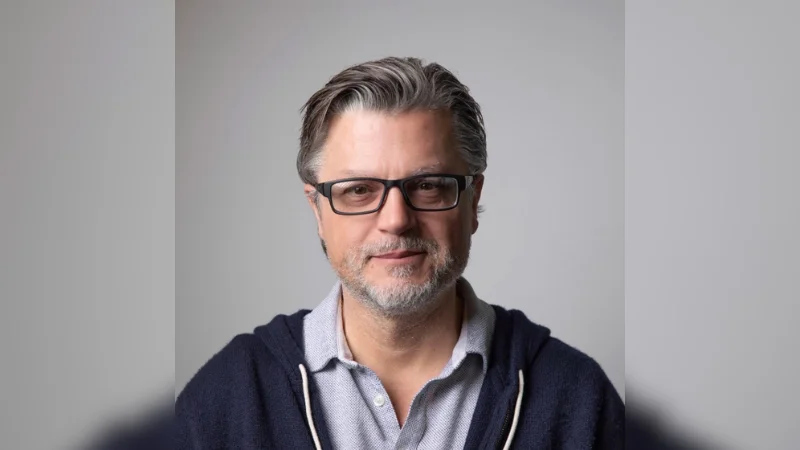Denis Mandich, Chief Technology Officer at Qrypt, said that the Chinese government's support for the theft and monetization of American intellectual property (IP) exemplifies a lack of reciprocity in the U.S.-China relationship. Mandich shared his views during an episode of the China Desk podcast.
"We have no reciprocity right now is the problem," said Mandich. "We're in an asymmetric cold war where the rules are different for our adversary here than they are for us. I gave you the example already that their intelligence services and their entire government infrastructure is set up as a criminal enterprise to steal IP and to monetize it for Chinese corporations, in which everyone profits there. If we change the laws here in the United States to uniquely be able to do this against our Chinese adversaries, meaning we can steal any IP or any data in China and give that to Google or Meta or whoever else to be able to monetize, that will change China's perspective."
According to a letter from members of Congress to former Attorney General Merrick Garland, Chinese IP theft costs the United States an estimated $600 billion annually. The lawmakers expressed concern that Chinese IP theft was damaging American businesses across various sizes and sectors, as well as posing a threat to U.S. national security. They noted uncertainty regarding how many Chinese actors were being held accountable for these actions.
Cyfirma reported that IP theft is part of a broader Chinese industrial strategy aimed at surpassing companies from competitor countries. Industries frequently targeted by China for IP theft include robotics, aerospace, agricultural equipment, and pharmaceuticals.
Mandich has served as CTO of Qrypt since 2018, according to LinkedIn. Qrypt specializes in building post-quantum encryption systems for data security. He is also an advisory board member of the Center for Quantum Technologies and the Quantum Startup Foundry.





